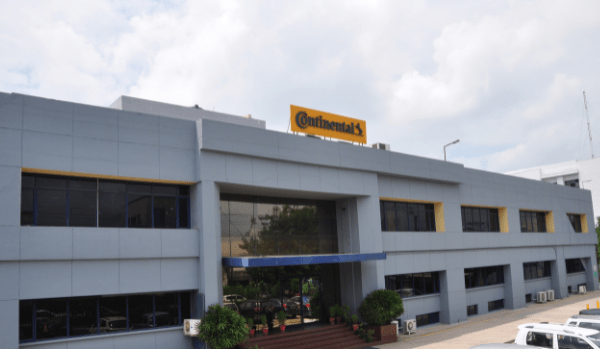As we are all aware, the post COVID era is a new world all together especially at the workplace.
With an influx of plenty of opportunities, people have been moving from one company to another and that has triggered a sudden volatility in the talent market.
Though the auto components industry has not experienced very high attrition, it is not completely untouched as well. The impact of ‘The Great Resignation’ has spiked attrition in all sectors. Which is why for companies across sectors retention of employees has become an utmost priority.
Ajay Kumar, country HR head, Continental India believes that the expectation of employees have evolved and increased many folds in the post COVID era. Earlier what was perk is now hygiene today and companies are doing it in order to retain talent and create a better employee experience.
As part of its retention strategy, Continental India has been focusing on two aspects.
One, providing flexibility in careers and second, breaking a notion that flexibility is not meant for employees in manufacturing.
Kumar shares with HRKatha that the attrition is not just because of the movement to other eight or nine companies in this sector. Instead, companies are now losing talent to companies outside the sector.
“In the talent market, we are seeing people moving from the auto components industry to start-ups and consulting firms. Especially the young talent, which is always looking forward to try something new and challenging,” says Kumar.
“In the talent market, we are seeing people moving from the auto components industry to start-ups and consulting firms. Especially the young talent, which is always looking forward to try something new and challenging”
Ajay Kumar, country HR head, Continental India
To provide flexibility in career to its employees, Continental India has introduced an internal talent distribution model, which is like an internal talent market.
Continental has various businesses, which includes manufacturing of tyres, safety and mobility gears, highly advanced displays and mobility solutions. “We have various businesses and people can choose to work in various businesses provided there is an opening,” mentions Kumar.
People, especially youngsters often feel stagnated quite early in their career and with this initiative, employees at Continental India have an option to switch businesses, roles and even functions.
“There are not too many requests from employees to change functions,” shares Kumar.
Continental India also supports people who are looking for a complete career change in their life by providing upskilling opportunities and mentoring.
However, it’s not that all positions are filled by internal movements only. Both internal and external candidates are evaluated judiciously, and the best fit is selected.
“When we are hiring internally, we do not have to really worry about culture fit, which is a major advantage,” asserts Kumar. On the other hand, it is a win-win for both the employee and the employer, since people will not have to look out for opportunities and the company will be able to retain their best talent.
“Till now, we have seen 100 internal hires this year and most of them were cases where people moved from one business to another,” reveals Kumar. Moreover, more than 20 people have got the opportunity to work for global opportunities through the internal talent mobility concept.
Another key retention tool for Continental India is providing flexibility to its employees. It’s a common belief that flexibility and remote working is not possible in manufacturing and Continental India is trying to defy this myth.
“The supervisors and plant engineers can afford to work from home or remote locations. We are striving to create a culture where we do not need supervisors to ensure productivity in the plants,” says Kumar.
The company is educating its leaders in the plant where the supervisors, the engineering heads, have the flexibility to enjoy semi remote work, where they are not required to be in the plant all the time and if possible can work from home some days.
“We are encouraging our leaders at the plant to exemplify such behaviour and when we see our managers acquiring this behaviour, it leads to a culture change,’ states Kumar.
“The expectations of people have increased in the post COVID era and we need to match those to stay competitive in the talent market,” concludes Kumar.



